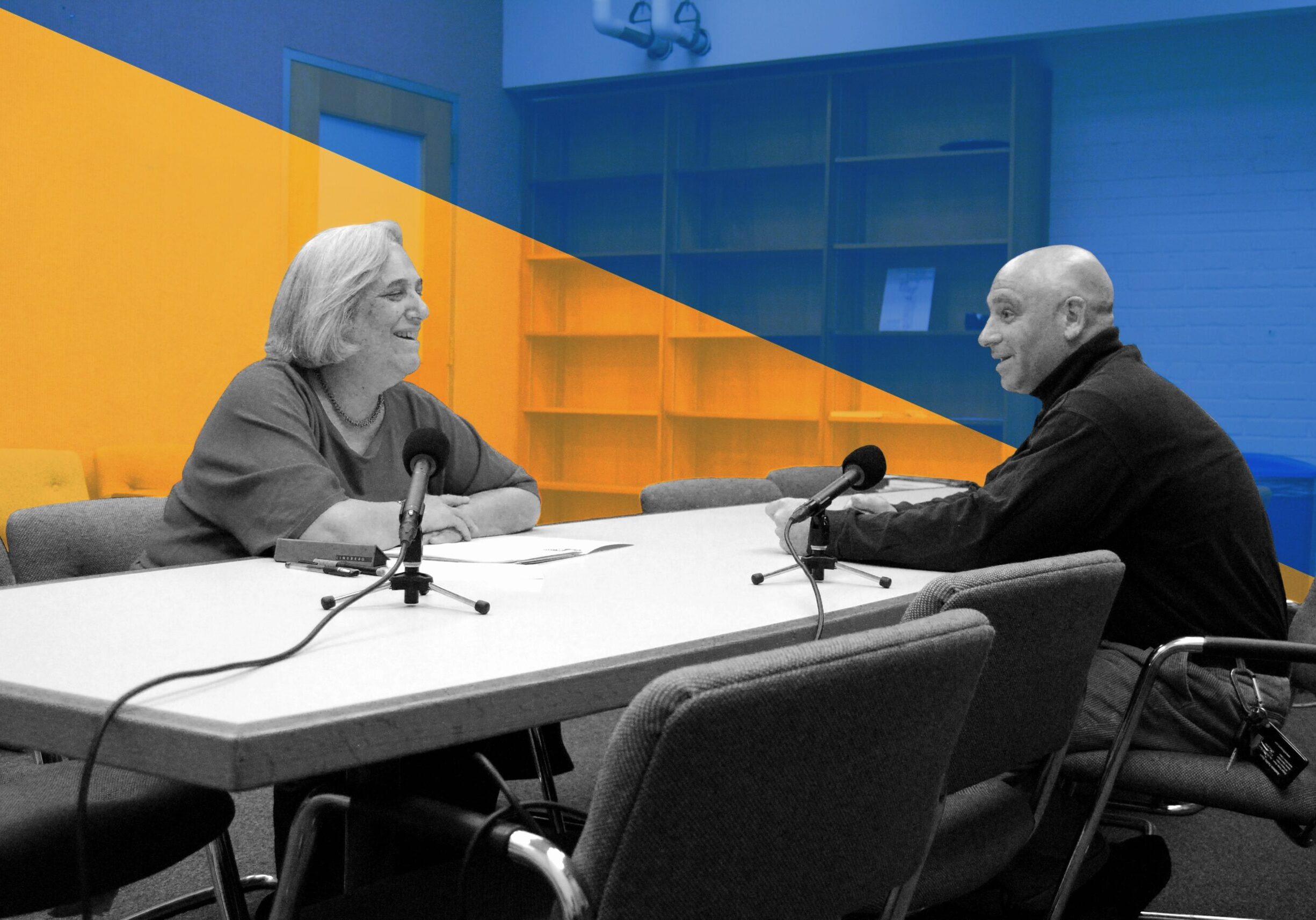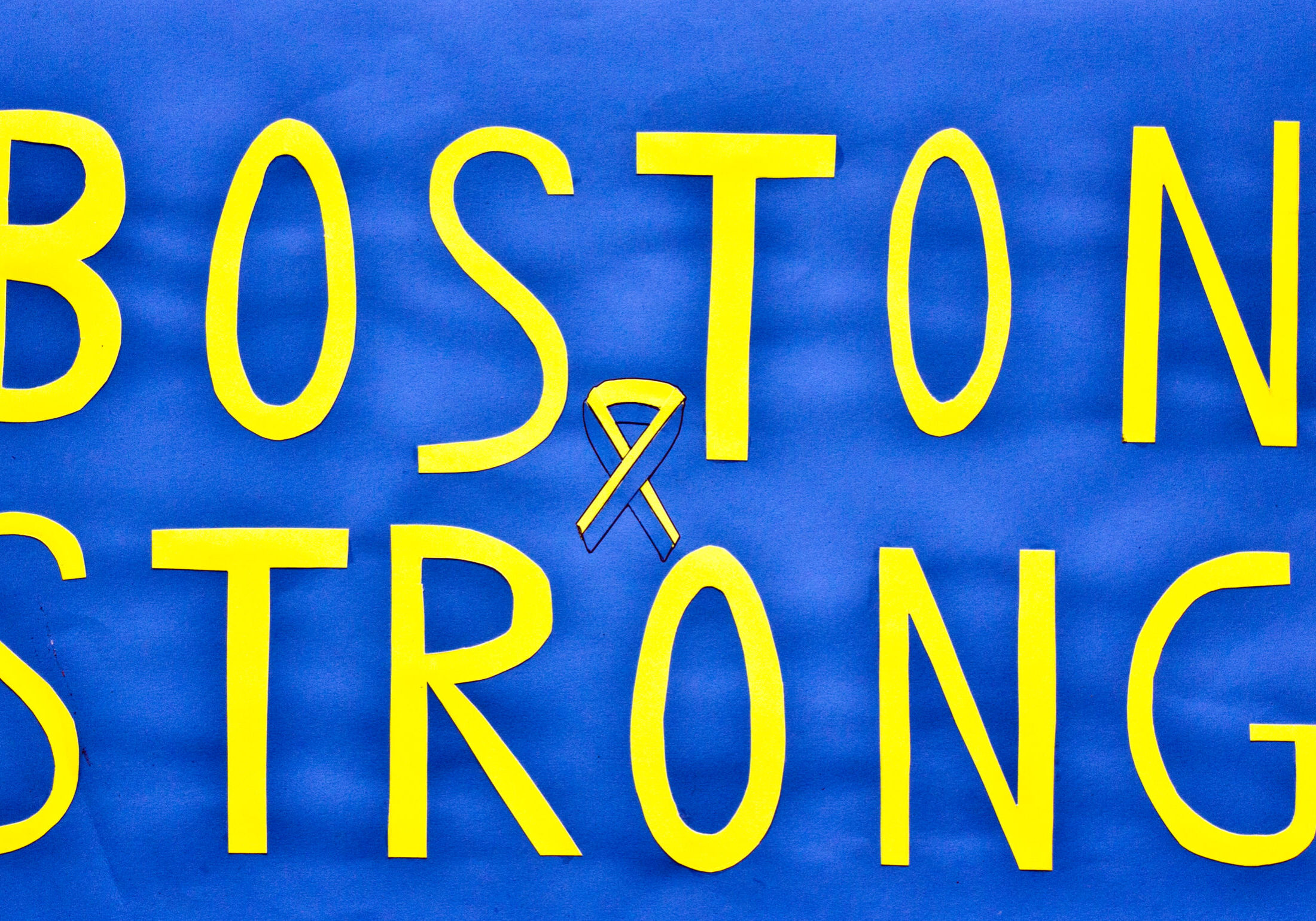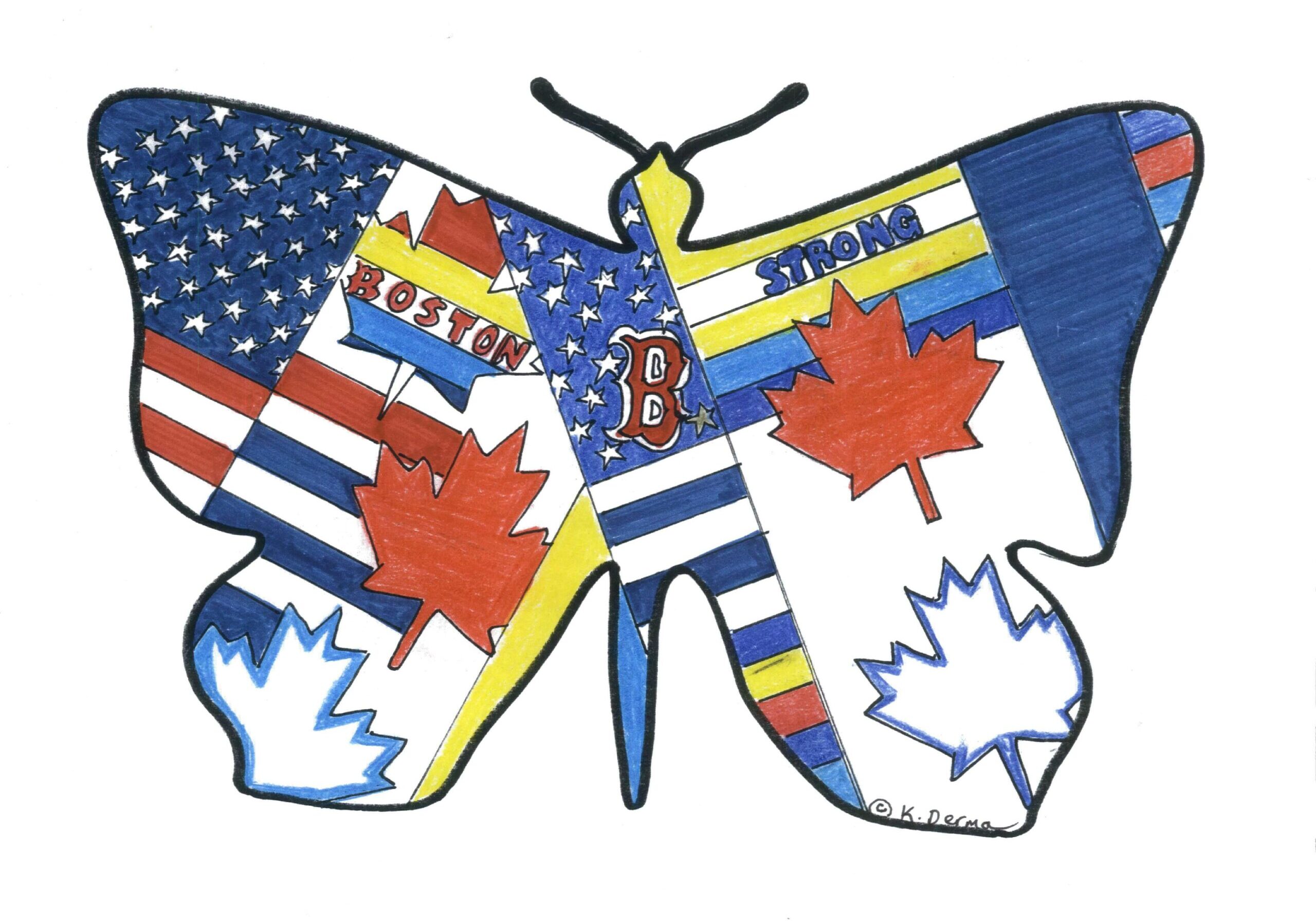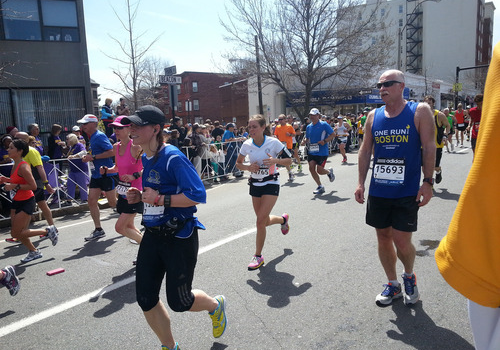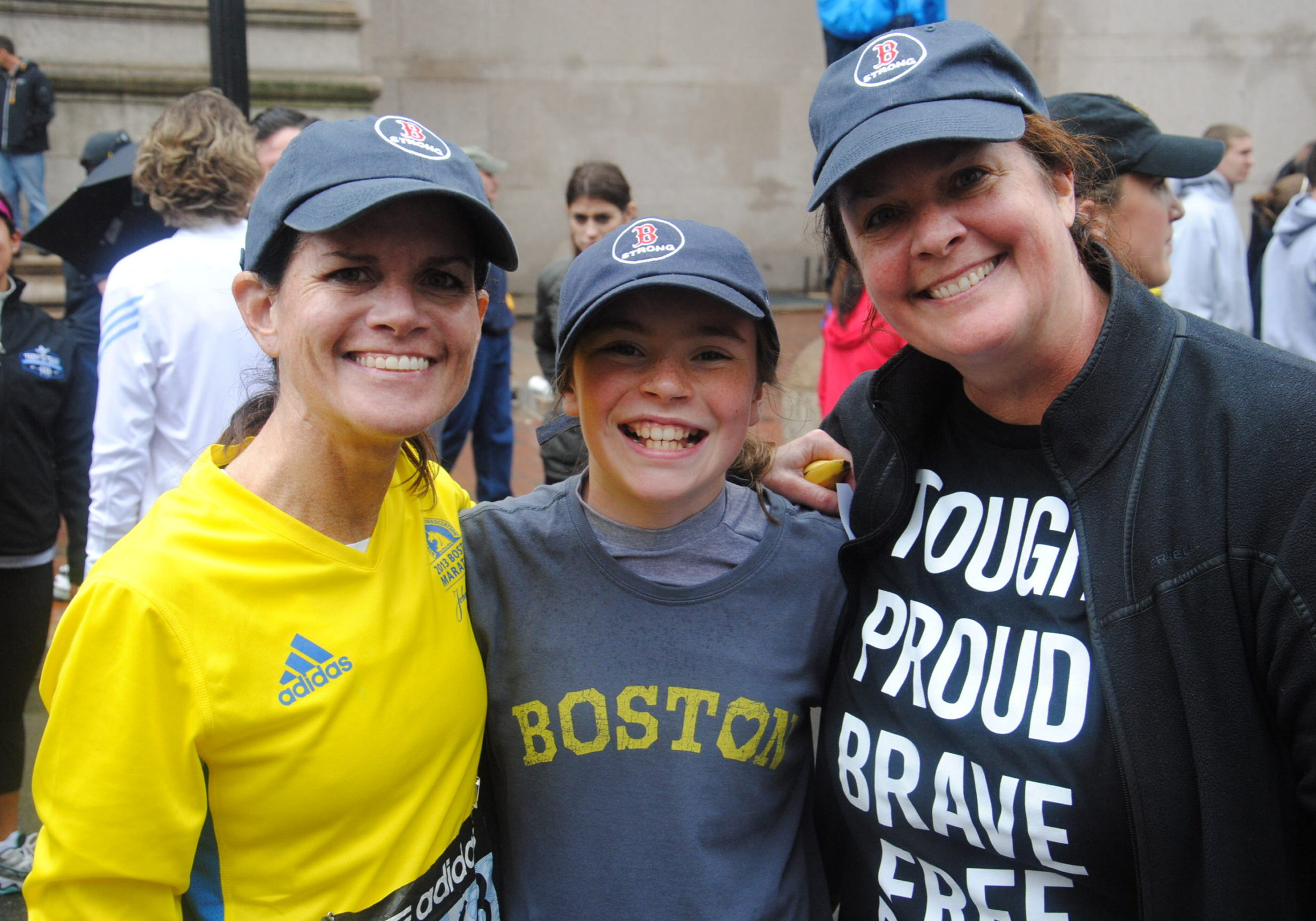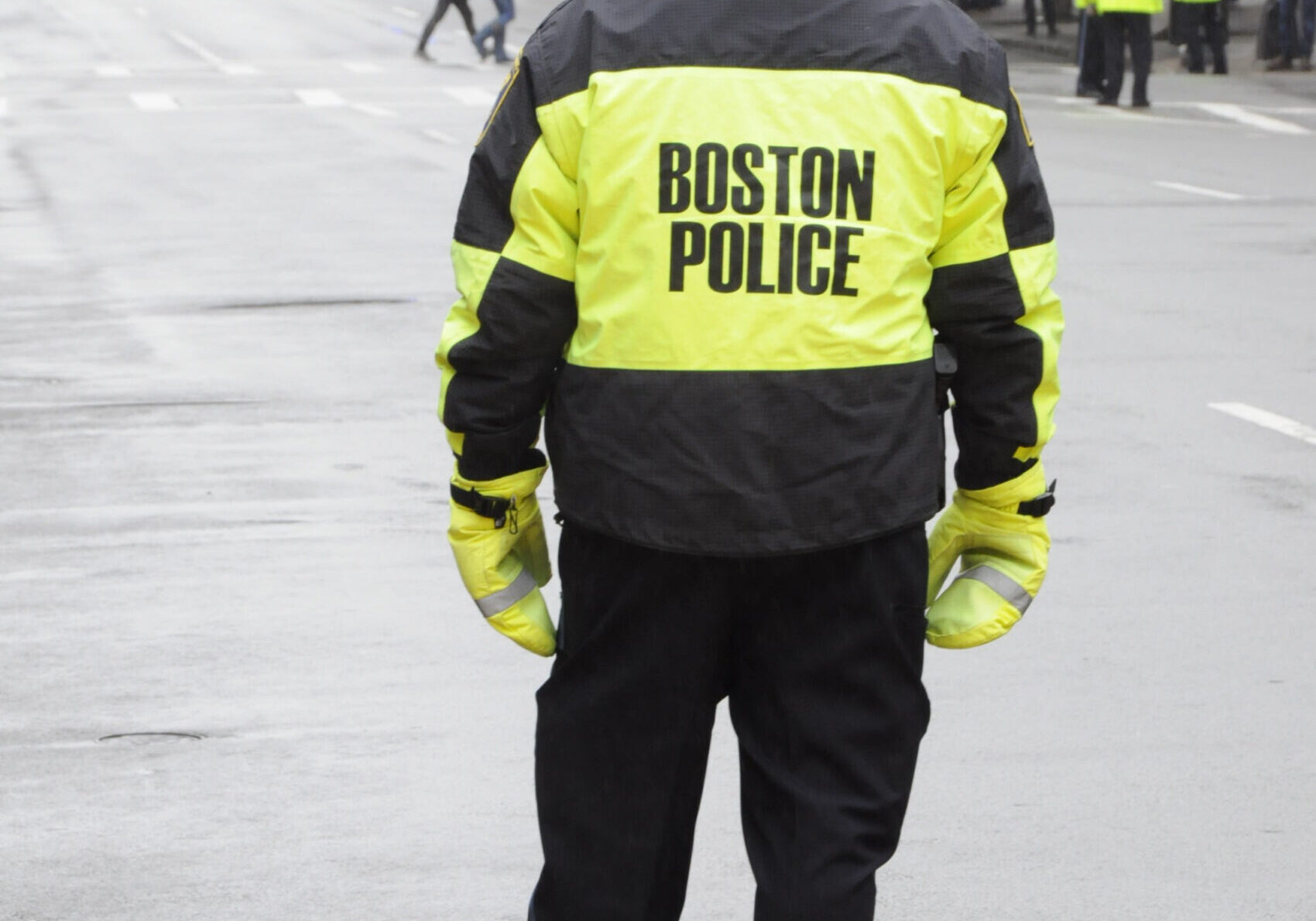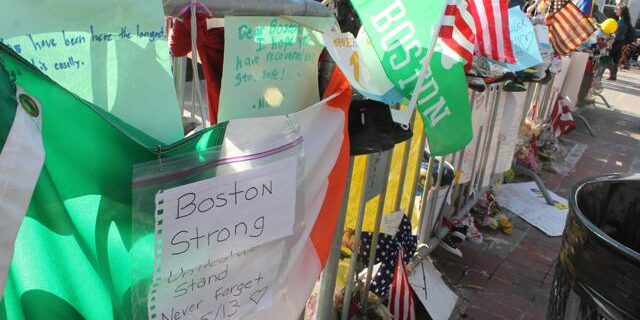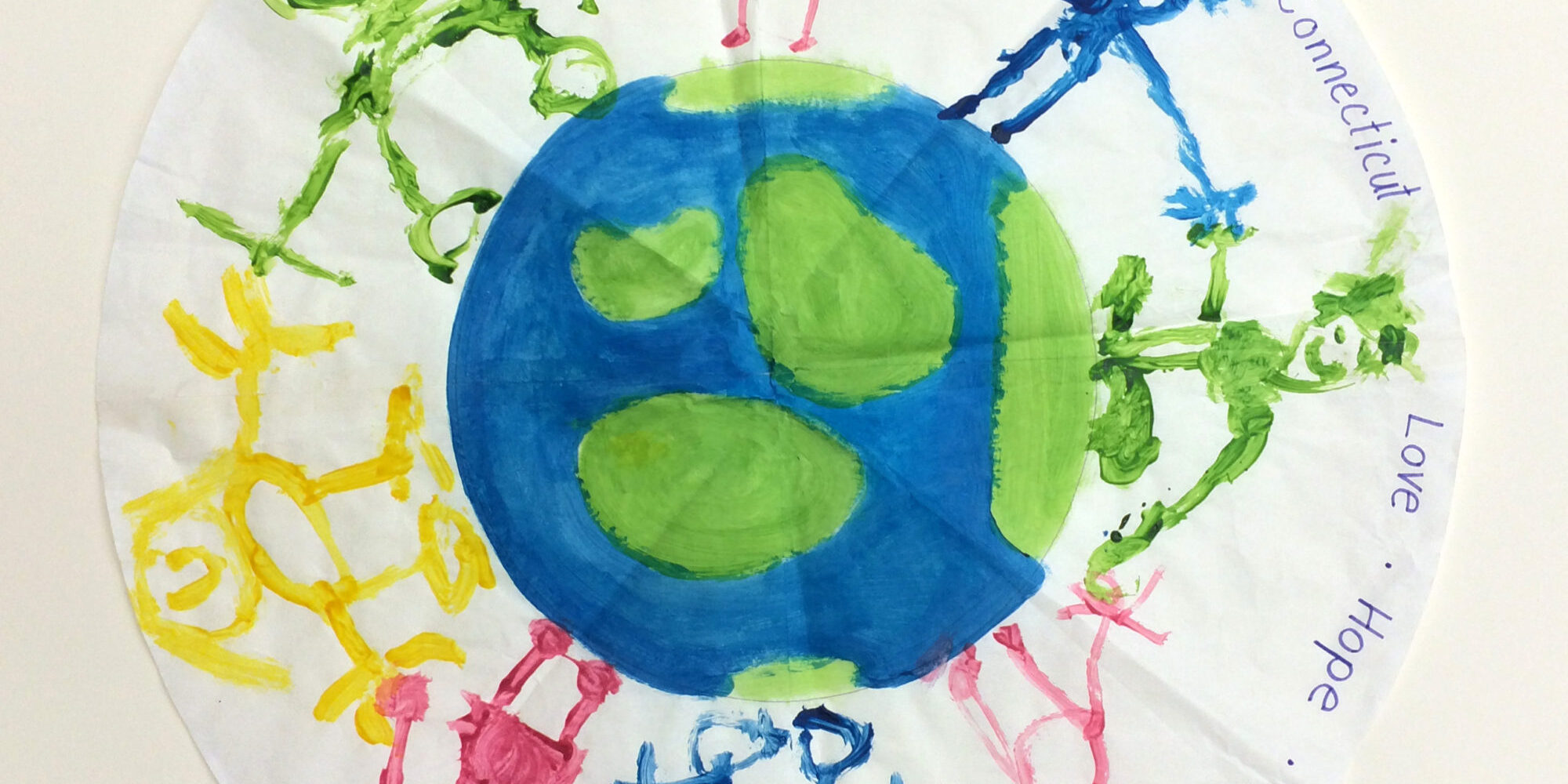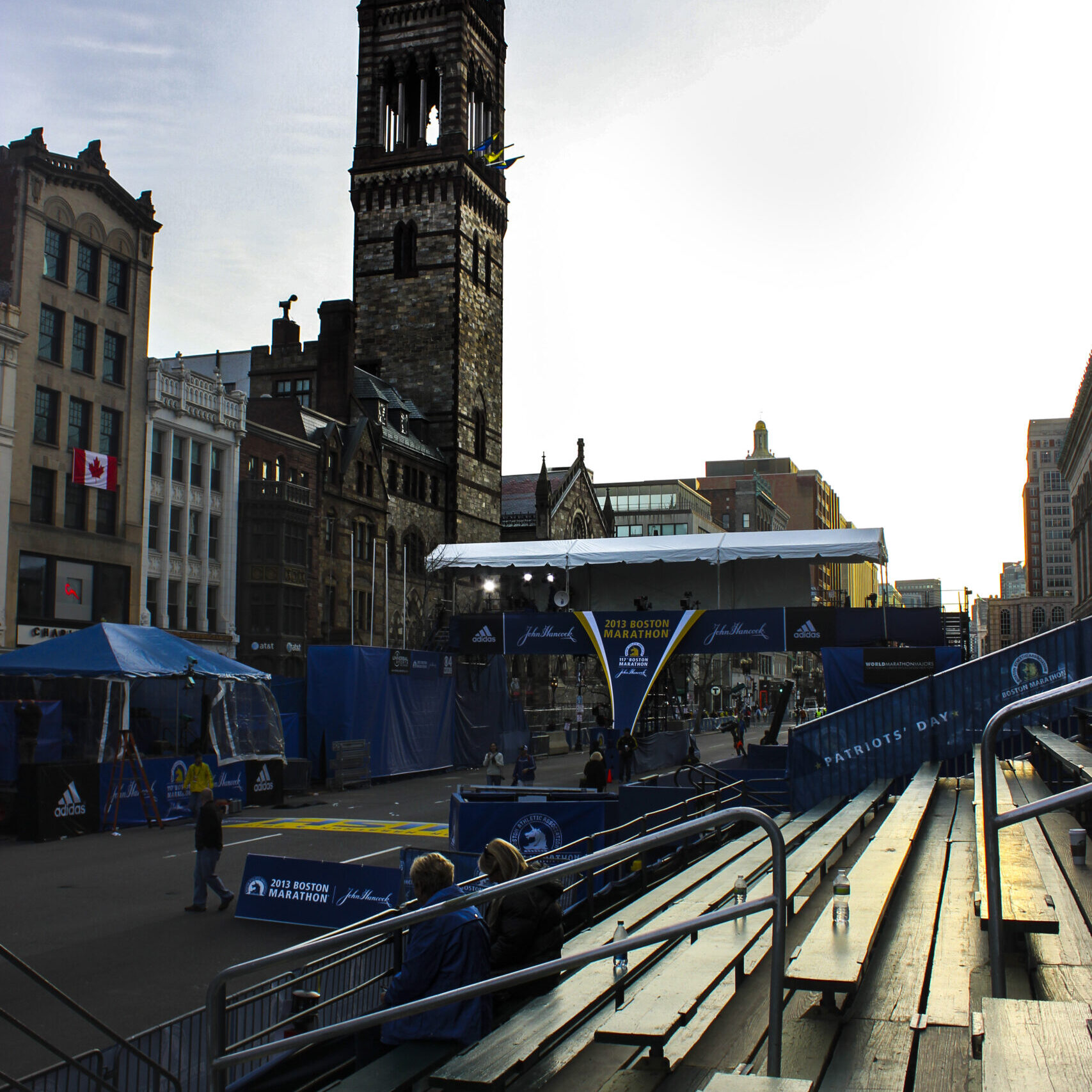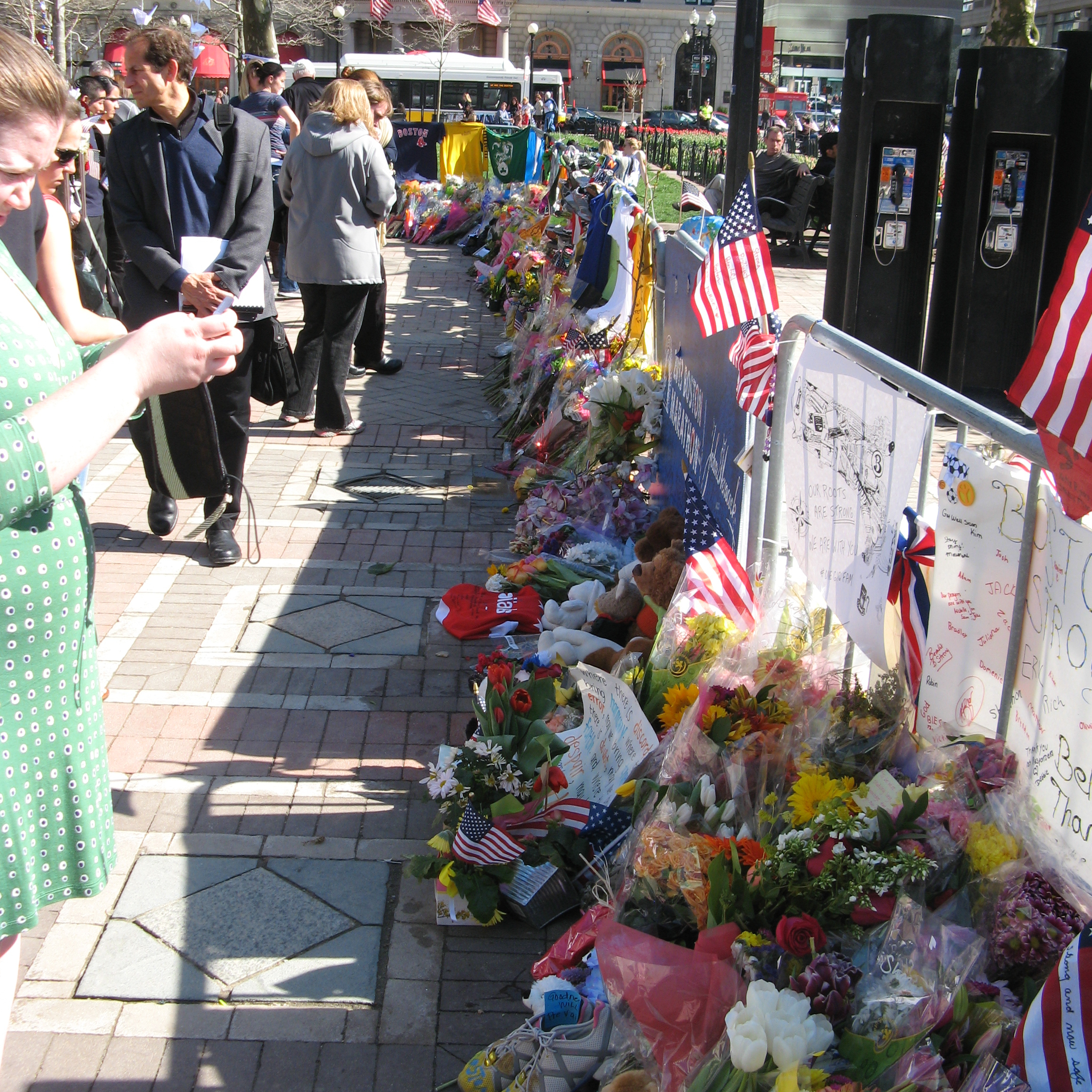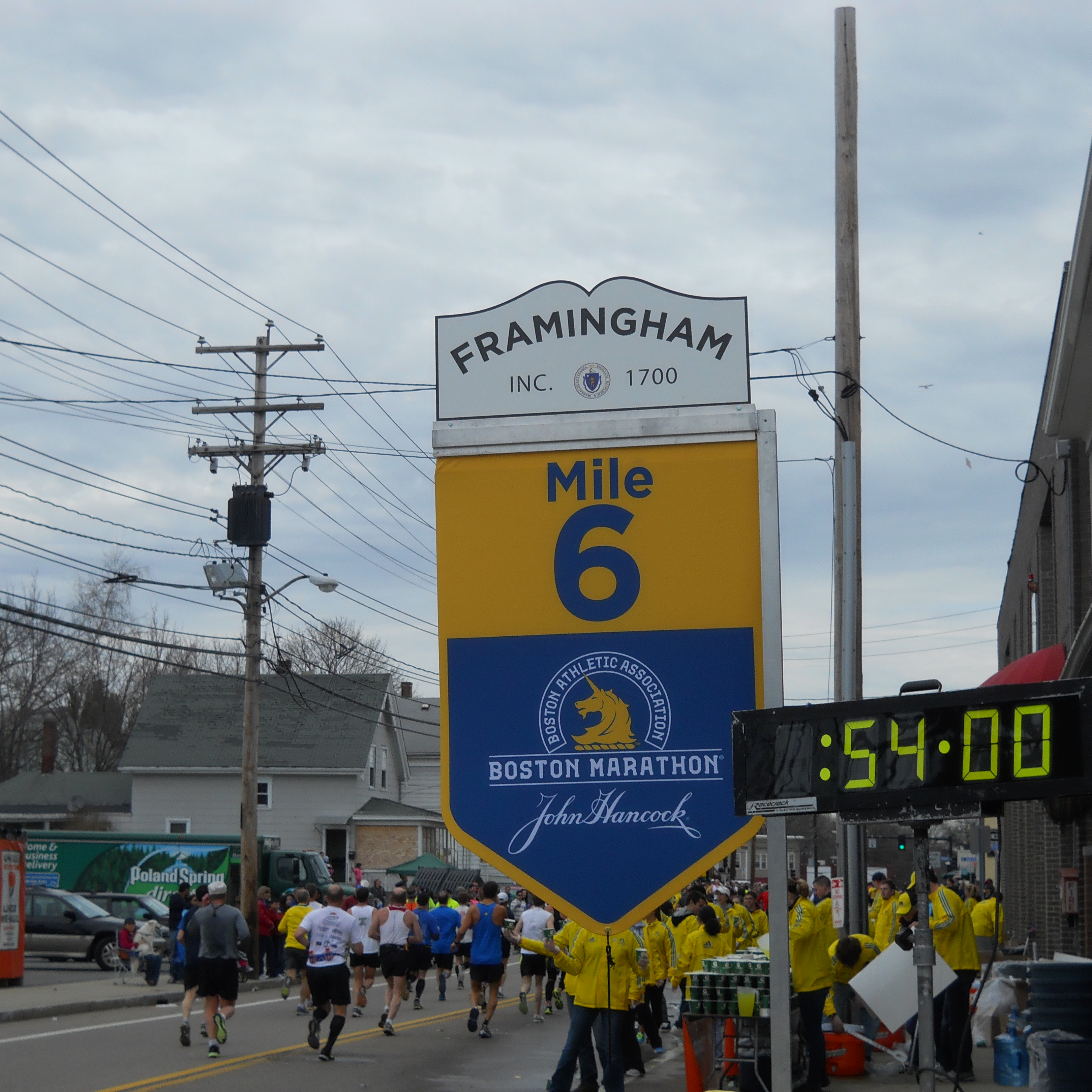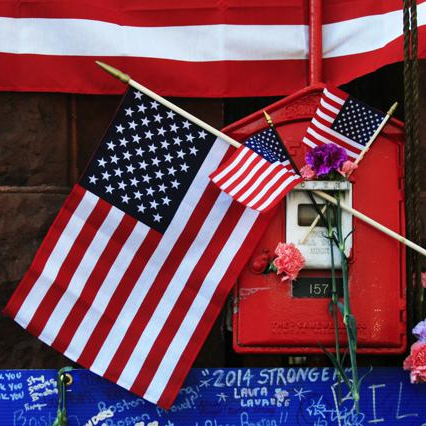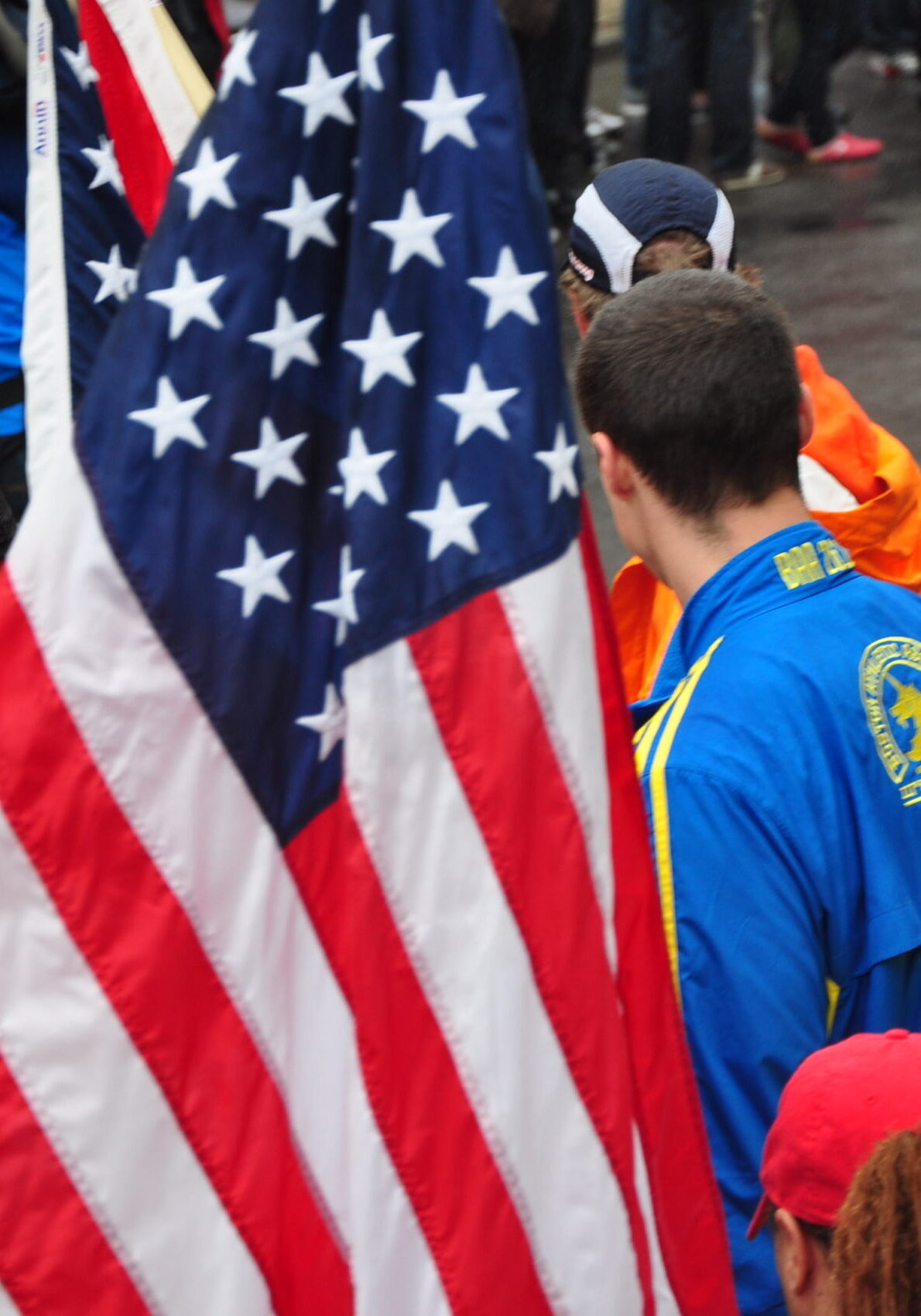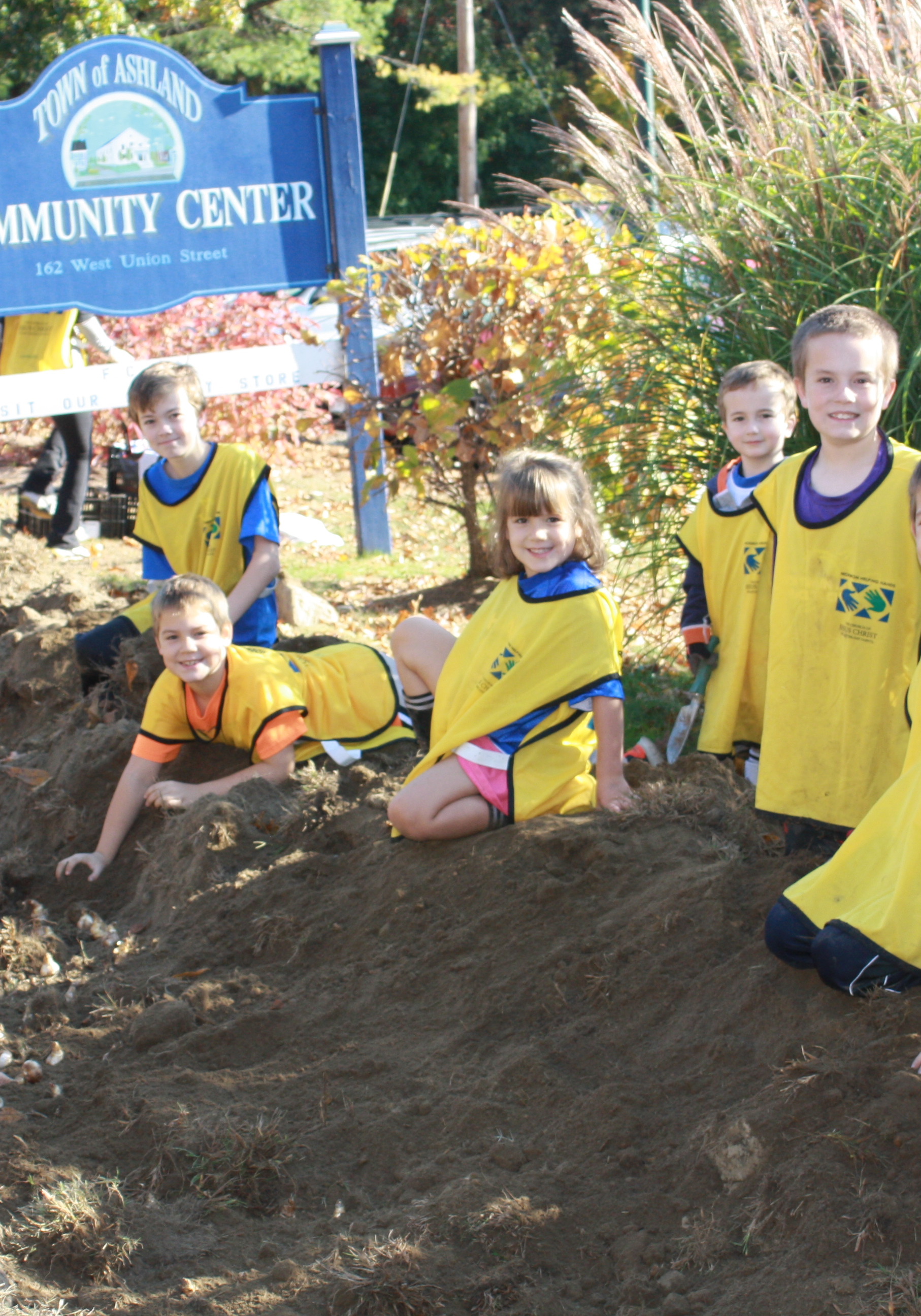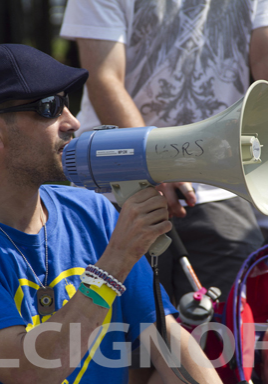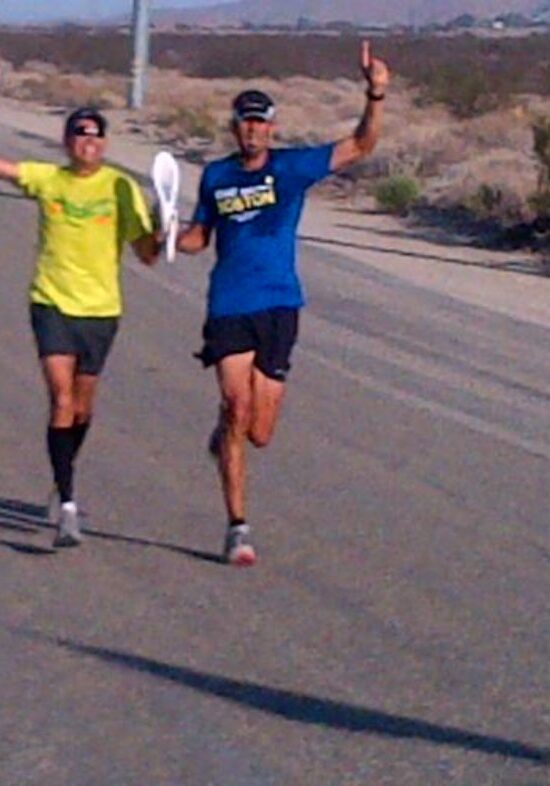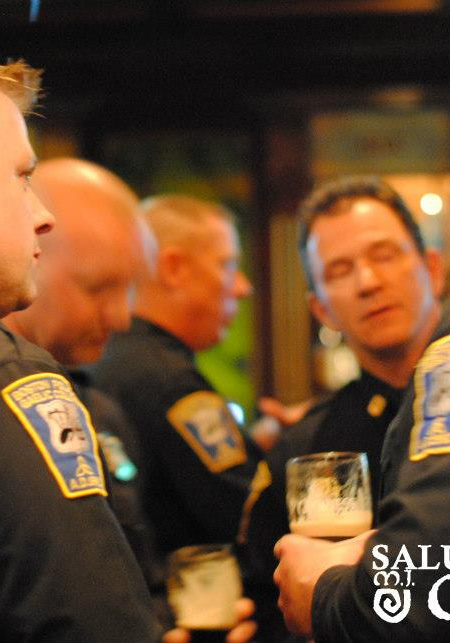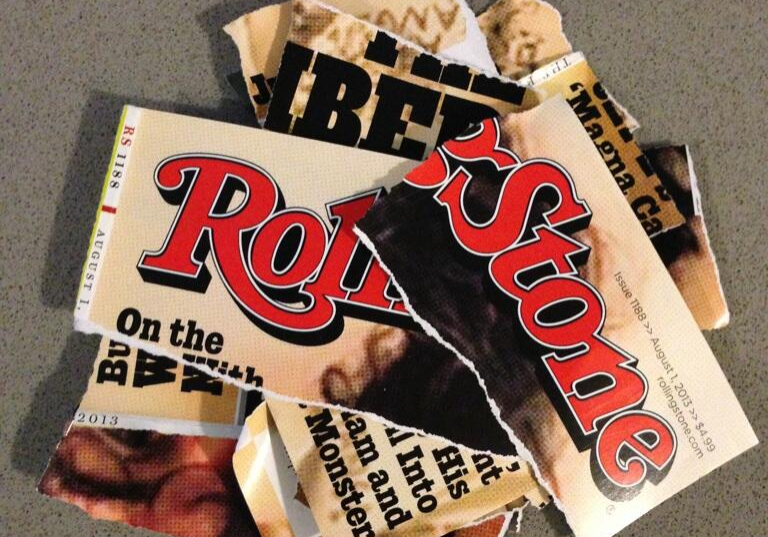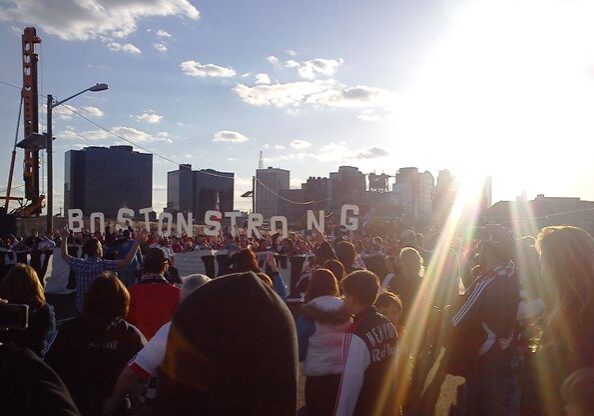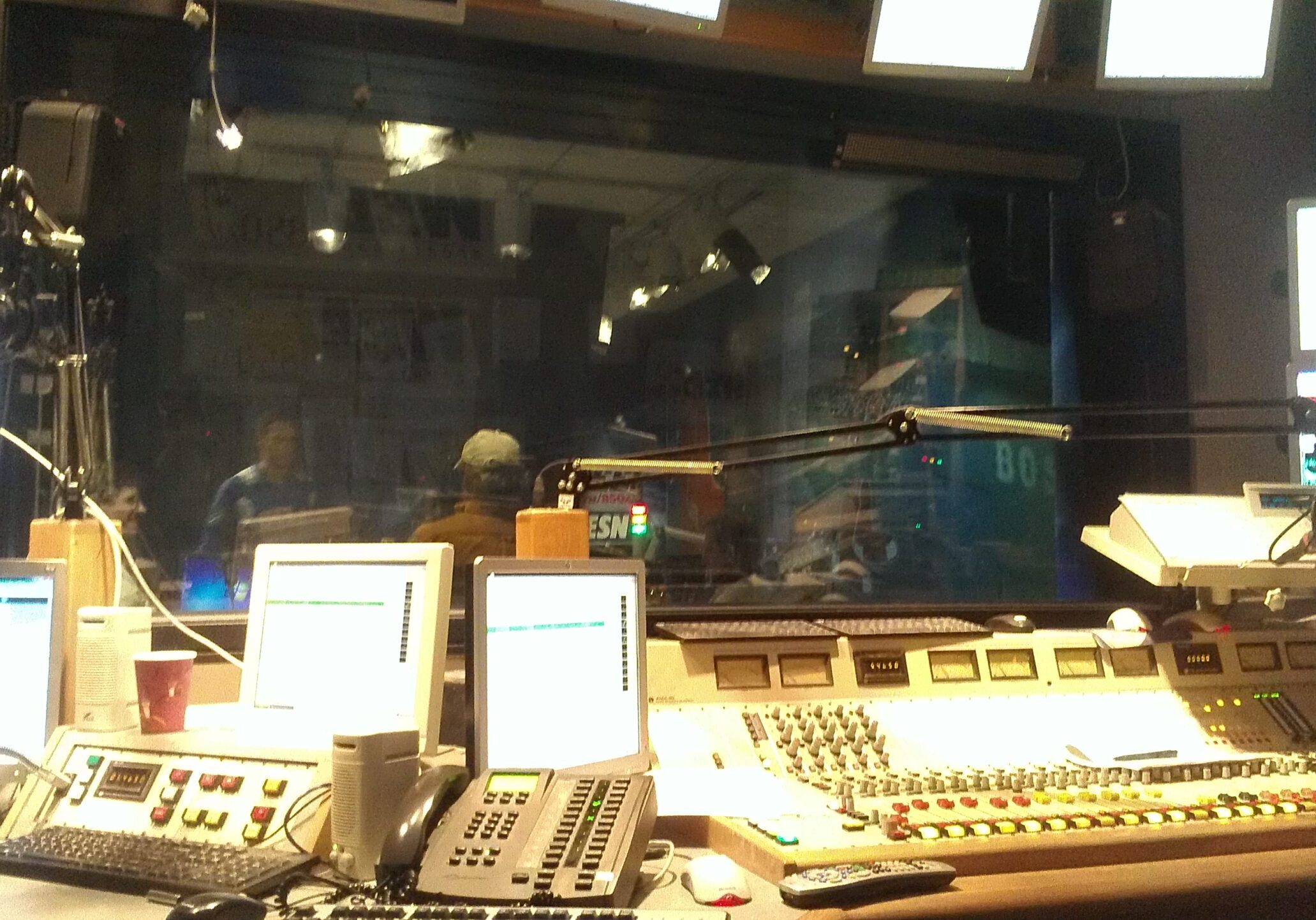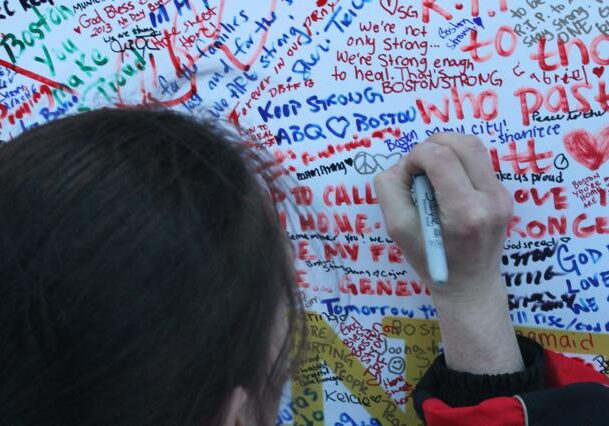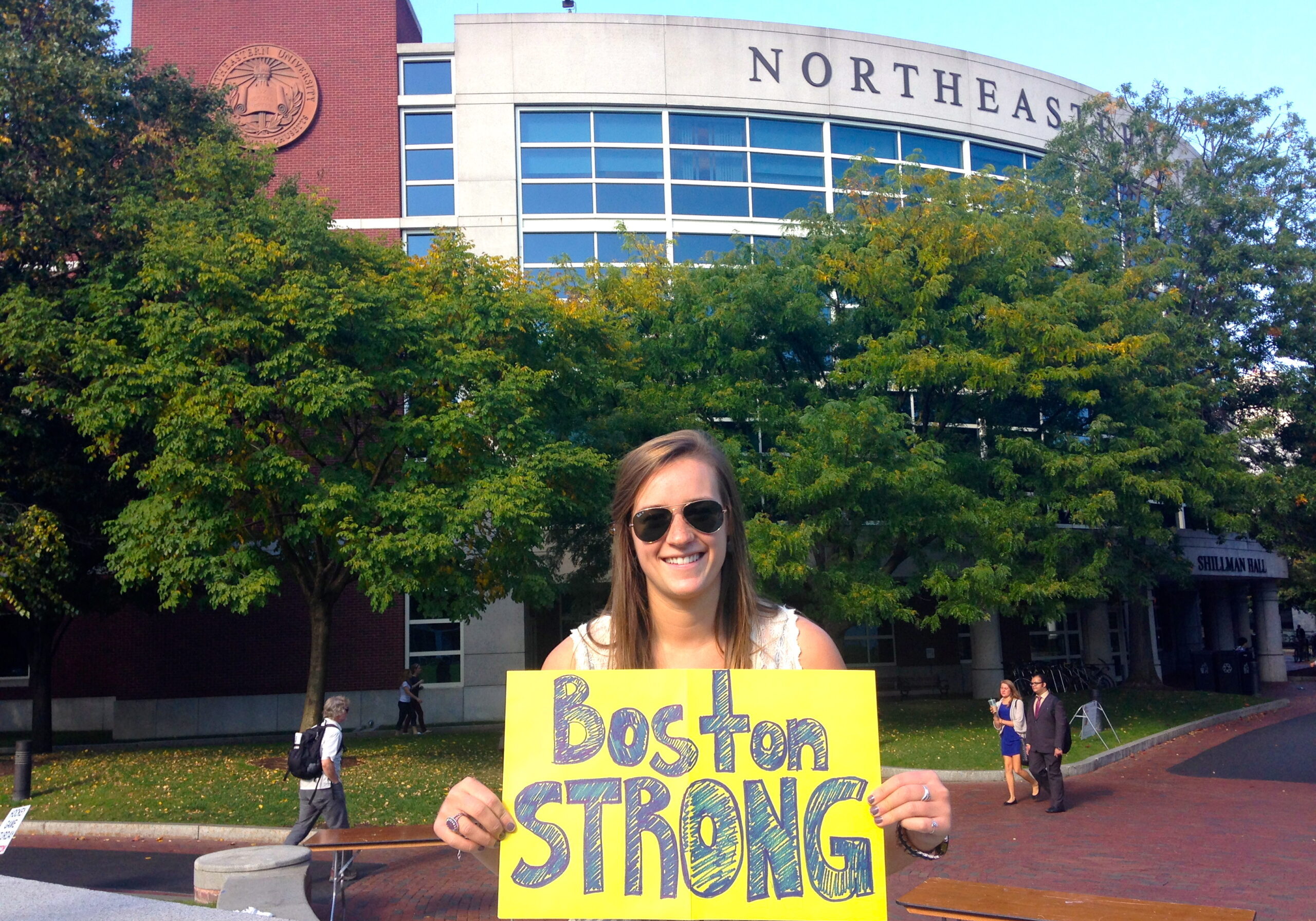Collections
Our Marathon is a crowdsourced collection of pictures, videos, stories, and social media posts related to the 2013 Boston Marathon, including the bombing on April 15, the subsequent investigation of the individuals who planted the bombs, and the city’s healing process.
The project was originally founded in April 2013 by faculty and students affiliated with the NULab for Texts, Maps, and Networks in the College of Social Sciences and Humanities at Northeastern University.
Over its most active collecting period, April 2013 to September 2014, close to 8,000 items were added to Our Marathon’s collections, thanks in large part to collaborations with the Boston City Archives, WBUR, The Boston Globe’s GlobeLab, and many other partners. In the spring of 2013, Our Marathon also hosted a series of “Share Your Story” events at public libraries and universities across Boston and surrounding areas, culminating in a series of events at the Boston Public Library that coincided with the one-year anniversary of the bombings and a physical exhibit of memorial items and reflections. Oral histories were collected in the summer of 2013 thanks to the generous partnership of WBUR, our team of oral historians, and the participation of the interview subjects.
In partnership with the Boston City Archives during that period, Our Marathon collected digitized versions of some of the many letters of support sent to the city of Boston as well as artifacts from the temporary memorial that developed in Copley Square shortly after the bombings. The full physical collections remain with the Boston City Archives; the digital collections on this website are only a representative sample of those materials.
From the summer of 2014 to the fall of 2017, Our Marathon also collected crowdsourced reflections on the Boston Marathon Bombing, from around the world, via its “Share Your Story” page. These born digital submissions included personal reflections from the event, photographs, memes, and media footage. During this time Our Marathon also created and preserved educational materials including lesson plans and student exhibits created by project team members and Northeastern University students.
Our Marathon stopped actively pursuing large collections in the summer of 2014, and Our Marathon's web site stopped accepting crowdsourced submissions in the fall of 2017. From 2017 to 2018, the items and metadata were migrated into the Northeastern University Digital Repository Service and the website content was migrated from Omeka to CERES. The project is now maintained by Northeastern University Libraries.
Featured Collections
Countless lives were affected by the 2013 Boston Marathon bombings and their aftermath. The WBUR Oral History Project collects stories from individuals whose lives were immediately and irrevocably changed by these events. Thanks to the generous sponsorship of WBUR, our team of oral historians, and the participation of these interview subjects, Our Marathon has tried to ensure that these stories are not forgotten. We believe that these stories matter, and that they demonstrate the ways historical events transform the lives of the people who lived through them.
The opinions expressed in oral history interviews do not necessarily reflect the opinions of Our Marathon, Northeastern University, WBUR, or the oral history project team.
In the spring of 2013, the Boston City Archives gathered these items in order to preserve the historical record of this unprecedented outpouring of support. Thanks to the tremendous efforts of its staff, as well as a generous donation of time and resources made by Iron Mountain, a records management company, the Boston City Archives has digitized these items. In the spring of 2014, Our Marathon staff created metadata records for these items and added them to the project’s collections.
Nearly 2,000 letters were sent to the City of Boston by people from all over the world. The letters and cards were collected by the Boston City Archives and then digitized by Iron Mountain. In the summer of 2014, Our Marathon staff created metadata and redacted personal information on some records. Physical copies of letters are held by the Boston City Archives; Our Marathon’s digital collection is a representative sampling of those materials.
Boston Medicine and The 2013 Boston Marathon Bombing
In May 2013, Our Marathon began collecting stories of the 2013 Boston Marathon bombings and their aftermath via a “Share Your Story” contribution mechanism on its project web site. Site visitors were invited to contribute reflections, images, videos, social media content, and other materials. They were also prompted to provide information on dates and geographic regions relevant to their contributions. Contributions could be anonymous, but users also had the option to provide information about themselves. From September 2013 to May 2014, Our Marathon ran several “Share Your Story” events at libraries and universities in Boston and the surrounding areas, where they invited attendees to contribute digital content through the project website. A small number of materials were submitted to Our Marathon through other means and uploaded to the collection by project staff. Our Marathon stopped actively soliciting crowdsourced contributions in September 2014, but interested visitors to the project’s web site were still able to upload materials up until January 2018.
Shortly after the events of April 15, 2013, the Boston Globe invited visitors to its web site to share their reflections on the Boston Marathon bombings. GlobeLab, the Globe’s Media Lab, collected and eventually donated these materials to Our Marathon. These reflections originally appeared in a different format on the website of the Boston Globe.
Explore recordings of Boston Police Department scanner activity on Thursday, April 18, 2013, audio footage documenting the response by officers in the wake of the shootout in Watertown with the Tsarnaevs. Boston Police scanner activity became part of the larger media story of the 2013 Boston Marathon bombings when it became a sought-after source of information on these events by journalists, social media users, and other interested parties.
Boston Medicine and The 2013 Boston Marathon Bombing
After the events of April 15, 2013, the Boston Medical Center received letters, cards, artwork, and other materials intended for survivors receiving medical attention after the bombings. The Boston Medical Center gave Our Marathon a sampling of these materials to add to its collections. Working with Northeastern University Archives and Special Collections, Our Marathon project staff digitized materials, created metadata records, and redacted sensitive material on these items. Physical copies of these materials were then returned to the Boston Medical Center.
Strong Medicine: The Healing Response to the 2013 Marathon Bombing was a Center for the History of Medicine initiative that collected and shared stories, images, and communications from the Boston medical community's experience of the Boston Marathon bombing of April 15, 2013, and its aftermath. The Boston Medical Library is gratefully acknowledged for its generous funding of this important project.
In partnership with Our Marathon, the Center crowdsourced and collected medically related content, materials held by the Center and shared them with Our Marathon to allow for the widest possible research use. These materials may be useful for medical education, historical research, and analysis of medical response effectiveness—as well as a variety of purposes we can't now imagine.
Photo Collections: Boston After The Bombing
Nabila Abuljadayel, an undergraduate at Northeastern University, was taking photos at the Boston Marathon finish line on April 15, 2013. Her photographs document the experiences of runners and spectators in this space before and after the bombings.
Dr. James Schmidt is a Professor of History, Philosophy, and Political Science at Boston University. After the 2013 Boston Marathon bombings, Dr. Schmidt photographed various scenes across the city of Boston to document responses to these events: temporary memorials, signs, and other materials. Dr. Schmidt graciously donated these images to Our Marathon.
Collection of photographs related to the events of the 2013 Boston Marathon bombings taken by Our Marathon contributor “Sarah W.”
In May 2013, the Northeastern University Political Review (NUPR) published collections of photographs taken by some of the organization’s members after the 2013 Boston Marathon bombings. NUPR graciously donated these materials to Our Marathon.
Photo Collections: Boston After The Bombing
Photos taken by MarathonFoto photographers at "One Run" (or #OneRun), an event held on Saturday, May 25th, 2013. The event gave runners who were unable to finish the 2013 Boston Marathon the opportunity to run the final mile of the race. Runners gathered at Kenmore Square, and the race began at 10am.
According to the event's Facebook Event invitation, "One Run" was organized "by several running clubs, teams, events, businesses and organizations in the Greater Boston area."
MarathonFoto graciously donated all their photographs from the OneRun event to Our Marathon.
Marathon Daffodils was a collaboration of nonprofit organizations, gardeners, cities and towns, businesses, and citizens interested in preserving the spirit of the Boston Marathon and Boston Strong, while embracing the tradition of celebrating the arrival of spring in Boston. Volunteers for Marathon Daffodils have planted over 100,000 daffodil bulbs along the marathon route from Hopkinton to Copley Square. These photos were taken from several of the planting sites in the Fall of 2013.
The StonehamStrong5K was a fundraiser race held in Stoneham, Massachusetts on June 23, 2013. Proceeds from the run benefited the six Stoneham residents who had been injured in the Boston Marathon bombings.
"One Run for Boston" was a non-stop running relay from Los Angeles to Boston. It began on Friday, June 7, 2013, and concluded on Sunday, June 30, 2013. The run raised money for the City of Boston's One Fund. This collection features images of One Run participants, many of which were originally shared on the social media web site Pongr.
On Thursday, April 25th, 2013, M.J. O'Connor's at The Park Plaza (27 Columbus Avenue, Boston) hosted "Salute for Our Heroes," a fundraiser to benefit The 100 Club of Massachusetts (an organization that helps families who have lost loved ones in the line of duty). The event also held a 50/50 raffle to benefit The Sean Collier Fund. Photos initially appeared on Facebook, and event organizers at The Briar Group gave Our Marathonpermission to add them to the archive.
Photo Collections: Boston After The Bombing
Rolling Stone's August 1, 2013, issue (which was published in late July 2013) featured a controversial cover image of Dzhokhar Tsarnaev. The image was criticized by individuals and organizations who thought it presented Tsarnaev as a celebrity. Several stores refused to display or sell this issue to customers. In the wake of the controversy, photographs of storefronts and magazine carts who refused to sell the issue circulated on social media, as did “remixed” versions of the cover that suggested alternate imagery. Materials in this collection were gathered by Jim McGrath.
Some items in this collection contain images and/or language that may be considered disturbing, profane, vulgar, or otherwise offensive to site visitors. Our Marathon and Northeastern University do not endorse the views or opinions expressed in items: they have been archived because they are part of the larger story of the 2013 Boston Marathon bombings and its aftermath.
This collection is primarily made up of internet memes from a collection of Boston Marathon memes gathered by Elena Agapie. At the time of the 2013 Boston Marathon, Elena was a research assistant at the Berkman Center for Internet and Society at Harvard. Elena's collection was part of a larger project on "Topical Meme Sharing," which she has described in greater detail on her own web site: "This research analyzes how images are used to describe events. It particularly focuses on the memes that get generated throughout an event, the sources they come from and the threads of discussion they reflect. Some of the study cases are how memes are used during a Romanian Elections Referendum and the Marriage Equality Campaign." Images were gathered from various social networks and web sites and then displayed on her personal web site (URL at the time:http://elenaagapie.com/partnews/marathonmeme/). A small sample of additional memes and related digital content collected by Our Marathon staff have been added to this collection.
Some items in this collection contain images and/or language that may be considered disturbing, profane, vulgar, or otherwise offensive to site visitors. Our Marathon and Northeastern University do not endorse the views or opinions expressed in items: they have been archived because they are part of the larger story of the 2013 Boston Marathon bombings and its aftermath.
Explore video footage related to the 2013 Boston Marathon bombings and their aftermath donated to Our Marathon by WCVB-TV, a Boston station.
Our Marathon in the Classroom
Lesson plans created by Our Marathon staff member Claudia Willett, who was a graduate student in the Simmons College School of Library and Information Science at the time. Materials were created as a series of recommendations to teachers at various instructional levels.
This collection features content created by students in Victoria Papa's Advanced Writing for the Social Sciences course at Northeastern University in the fall of 2013. The students in the course each created two exhibits, the first directed toward a public audience and the second directed toward researchers in their various academic fields (economics, international affairs, political science, etc.). The students publicly presented their exhibits on December 5th, 2013, at Forum Restaurant, a business that was heavily damaged by the second bomb during the Boston Marathon.

